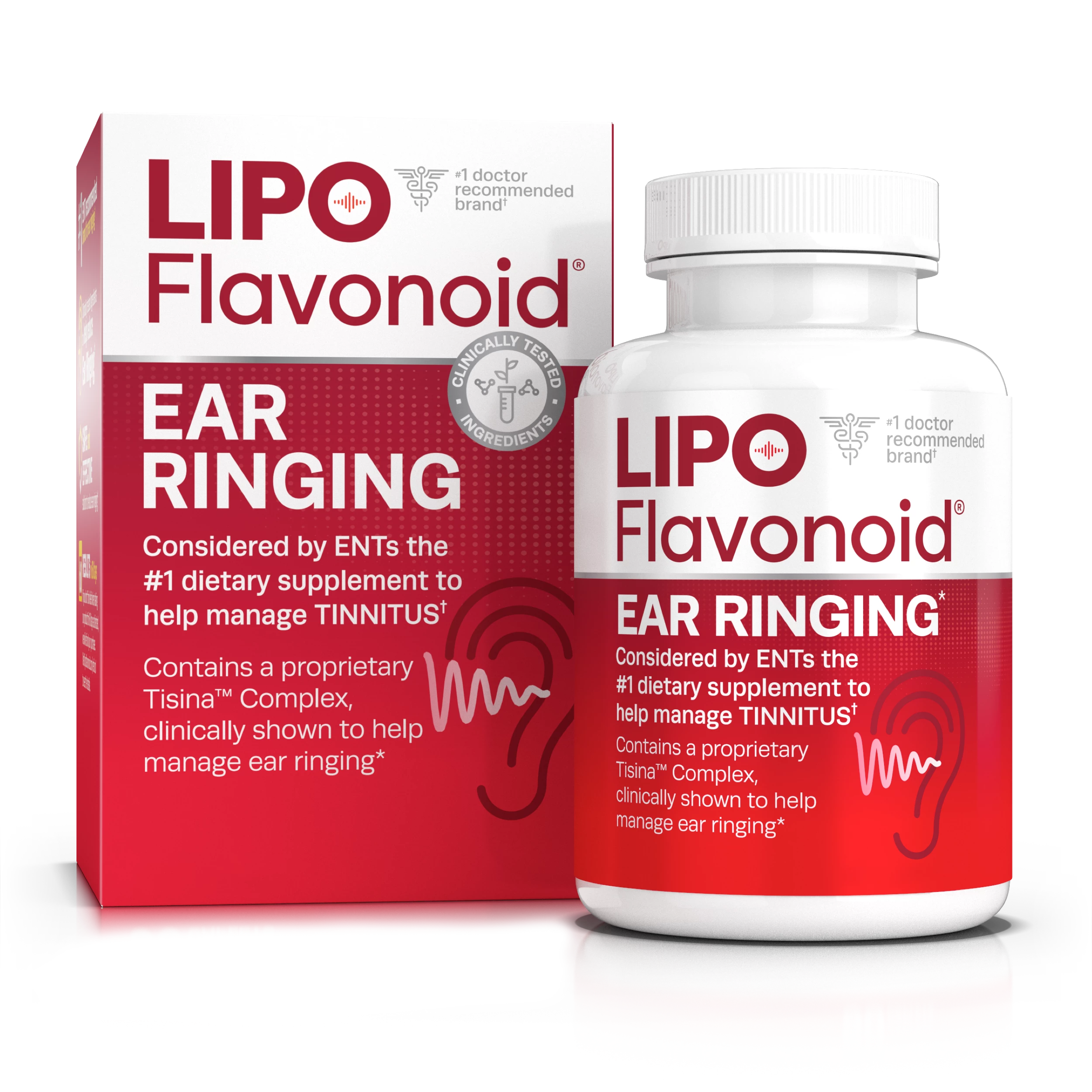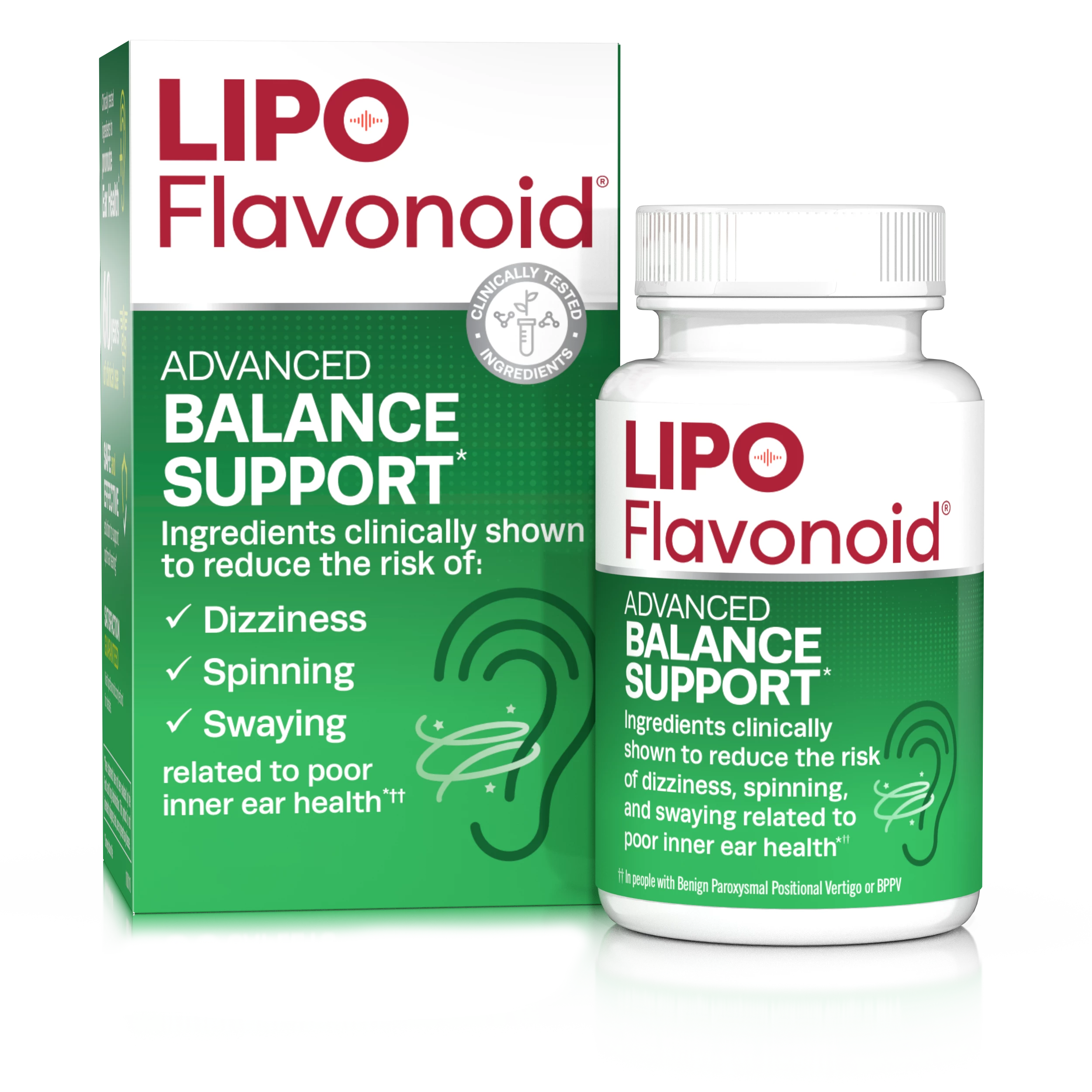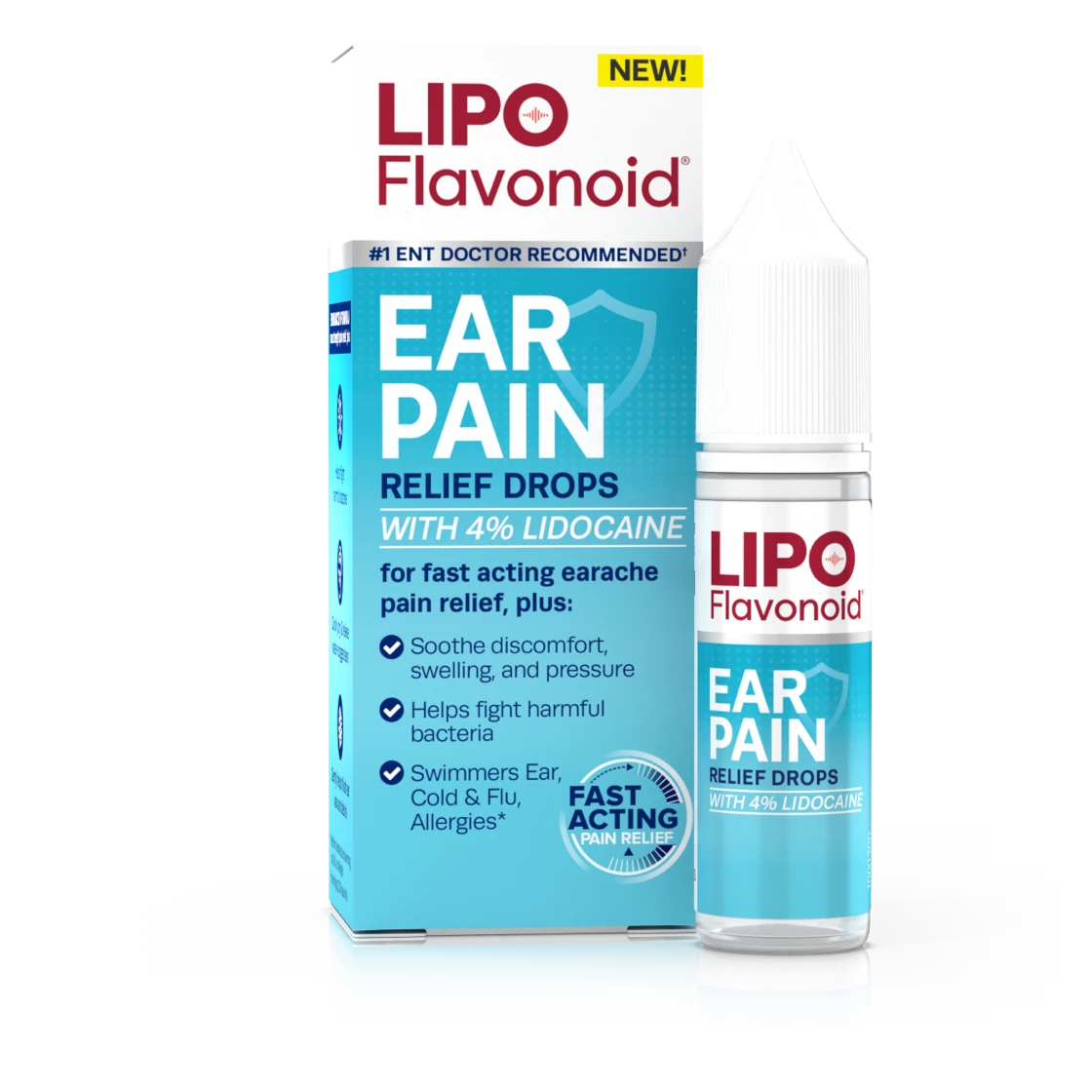Experts Provide New Insights into Using Supplements for Tinnitus
If you’ve been reading this blog, you know tinnitus (ringing in the ears) is pretty common. In fact, about 10% of the adult population is affected, says the Journal of the American Medical Association.
You probably also know that there isn’t an FDA-approved medication to treat tinnitus, yet (but we keep hoping!)
At this time, the best that sufferers and their healthcare providers can do is work to manage distressing symptoms with hearing aids, counseling, sound therapy, and supplements (such as Lipo-FlavonoidⓇ.)
To help in this process, there are now new guidelines researched and written by Dr. Richard Tyler and Dr. Syed F. Ahsan, both leaders in ear health and tinnitus. Called a “guidelines advisory,” the recommendations represent expert consensus among key opinion leaders in this field.
Anyone considering supplements to help manage tinnitus, take note: the guidelines advisory recommends bioflavonoids, vitamins B1, B6 and B12, as well as melatonin – all active ingredients found in Lipo-Flavonoid products!
Ready for Supplements?
The new guidelines advisory can help you and your healthcare provider figure out if it’s time to try supplements for tinnitus. They suggest it’s appropriate to give supplements a shot if you’ve already done the following:
- Had a thorough medical check-up and hearing (audiological) exam.
- Discussed and tried (with the help of your healthcare provider) other tinnitus treatments like counseling, hearing aids and sound therapy.
- Thought about your goals for your tinnitus care such as the management of your symptoms or a desire to improve your quality of life or sleep.
- Came to peace with the fact that not all treatments help all tinnitus sufferers.
- Reviewed what’s in the supplement you’re going to try. (Read the active ingredients list and compare it to the chart at the end of this blog.)
- Formulated a plan to take the supplement correctly and to follow your healthcare provider’s instructions and/or the dosing information on the package.
- Figured out how much the supplements are going to cost and whether there’s a money back guarantee (such as Lipo-Flavonoid’s).
- Informed yourself of any potential side effects (most are minimal) and discussed them with your healthcare provider.
Is It Working?
The 2019 advisory guidelines have great tips to help you decide if supplements are making a difference in your life. They recommend keeping important factors (see list below) steady while experimenting with supplements. Also, they stress the importance of taking supplements for the amount of time recommended and at the proper dosage. For Lipo Flavonoid, for example, new users are advised to take 2 caplets 3 times per day for 60 days and then switch to a maintenance dosage of 1 caplet 3 times a day.
When Trying Supplements for Ear Ringing, Keep These Factors Consistent:
- Diet
- Caffeine
- Alcohol
- Prescription medications
- Other medications and supplements
- Sleep schedule
For more details on the supplement recommendations from the guidelines advisory, review the chart below and discuss it with your healthcare provider. Then explore Lipo-Flavonoid products and decide if they are right for you!


